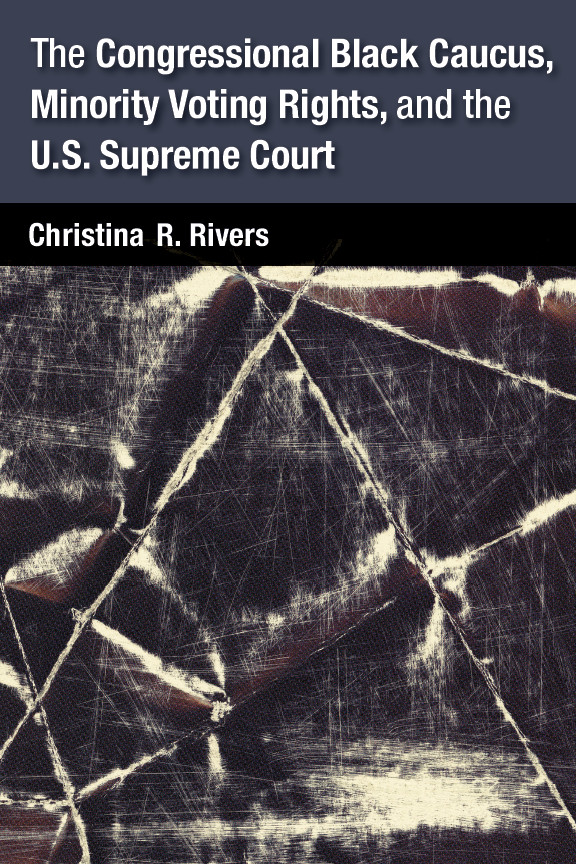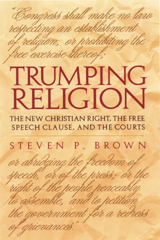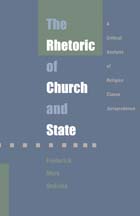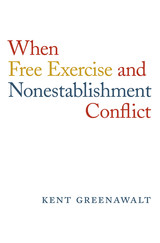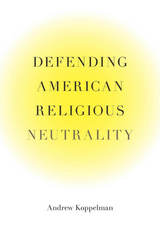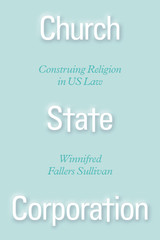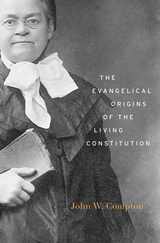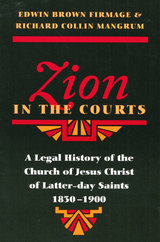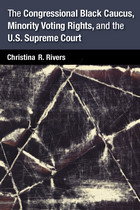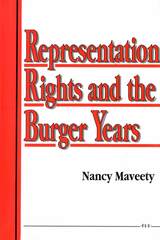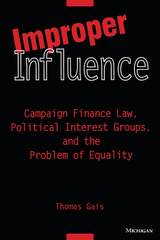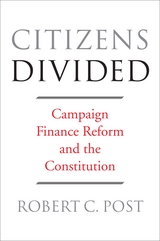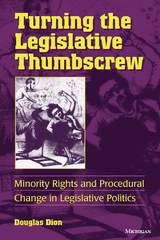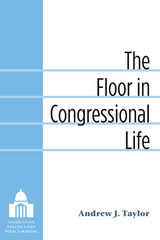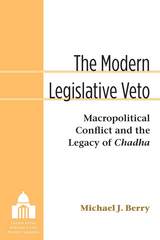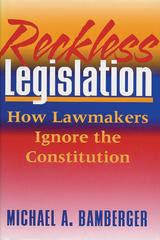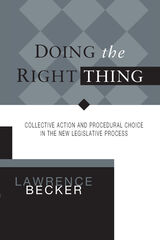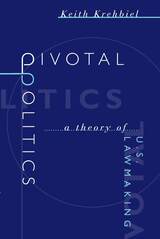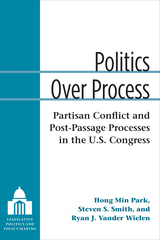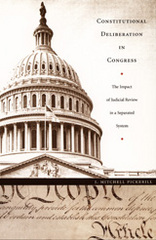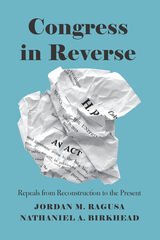Cloth: 978-0-472-11810-6 | eISBN: 978-0-472-02821-4 | Paper: 978-0-472-03582-3
Library of Congress Classification KF4893.R58 2012
Dewey Decimal Classification 324.6208996073
Both the U.S. Supreme Court and the Congressional Black Caucus (CBC) claim to advocate minority political interests, yet they disagree over the intent and scope of the Voting Rights Act (VRA), as well as the interpretation of the equal protection clause of the 14th Amendment. Whereas the Court promotes color-blind policies, the CBC advocates race-based remedies. Setting this debate in the context of the history of black political thought, Rivers examines a series of high-profile districting cases, from Rodgers v. Lodge (1982) through NAMUDNO v. Holder (2009). She evaluates the competing approaches to racial equality and concludes, surprisingly, that an originalist, race-conscious interpretation of the 14th Amendment, along with a revised states' rights position regarding electoral districting, may better serve minority political interests.
See other books on: Courts | Legislative Branch | Minorities | Suffrage | United States. Supreme Court
See other titles from University of Michigan Press
